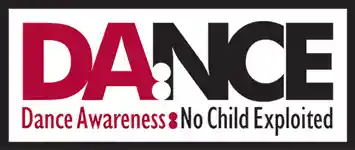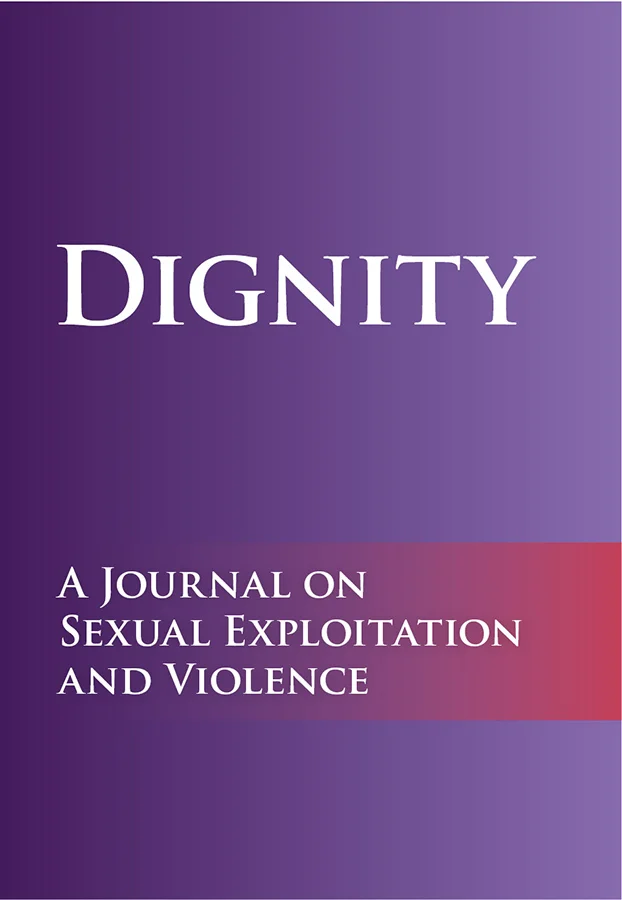

As DA:NCE traveled to Ohio to exhibit for the 2024 National SHAPE(Society of Health and Physical Educators) Conference, I was reminded of researcher Gail Dines who has coined the phrase ‘pornified culture’ to describe what today’s children are exposed to. Children from birth to 18 are growing up in a hypersexualized, toxic adult culture that has been normalized. Ugh.
What happened to healthy dance and healthy movement that research says is ‘good medicine’?

In earlier blogs, I have discussed how the internet, media and porn culture has affected the exposure of children to adult sexuality. Lately, I’ve thought of another lens to view this challenge. We don’t live in a print-based culture anymore. Current marketing relies on videos and pictures. And why is this important? Research shows that visual images bypass the frontal cortex of the brain, the part of brain development that is responsible for self- control & critical thinking. In our on-going visual communication, we are saturated with images of women/girls that are not usually clothed(and sometimes boys). How does that visual pattern affect the development of hypersexualized children’s dance? To illustrate that concern, here’s a personal story from the SHAPE Conference Exhibit booth that I will never forget.
Sue (not her real name; mid-twenties) walked into the DA:NCE booth and looked intently at the TV split screen showing the differences between healthy, educational dance and harmful, hypersexualized dance in adult costumes, choreography and music. I went over to her to introduce myself and I could see that she was intensely watching the screen. Soon after I approached her, she looked up at me and said, “I experienced harmful dance my whole childhood when I took dance. [PAUSE]. I don’t dance anymore.“ Then Sue shared more of her story. I found out that she competed in dance throughout childhood and then graduated to professional dance jobs in early adulthood. And all that time, “I performed hypersexualized material.” She went on to explain that while she was a child, she thought it was exciting to move in hypersexualized ways. Initially, she trusted the adults with that decision. Later, the negative effects of hypersexualization came out in adulthood with follow-up trauma. She added a painful list of negative outcomes that are still with her.
Process that story folks. This is not a piece of research. This is a young woman whose childhood was distorted by harmful dance. And it’s the same story that I hear over and over again. Look back at this video trailer that interviewed 3 survivors who were hypersexualized in dance. That’s why I founded DA:NCE. Because we are adults who love children, we need to protect them from harm. So, why are we allowing the culture to do this? That’s the question.
Of course, trauma does not apply to healthy dance and healthy movements so let’s return to the educational SHAPE conference and give you a slice of some of the wonderful sessions I attended. They demonstrated ‘good medicine’:
- Physical educator Michael Jennings brought an exhibit from the Athlos Movement and Character Program, a one-of-a-kind movement & performance character program for the holistic development of our youth. Later, Michael and I scheduled a zoom. In that discussion, we agreed that healthy movement patterns were good medicine to integrate mind, body & spirit with positive outcomes. As an educator, Michael described the dynamics of educational movement beyond dance. He was a consultant to a school that had behavior problems. When he initiated a simple solution, the staff was surprised. His solution? He recommended recess several times a day. And it worked. Movement = good medicine.
- Next came Joe Demars, the founder of Dance for Schools. He directed dance at South High School in Denver Public Schools (DPS) reckoning with over 70 countries and languages to relate to. In his mind, he realized that dance needs no words, yet it speaks. Here’s a description of ‘Dance for Schools’ in his own words:
“Dance for Schools is a beginning dance curriculum for high school classrooms. It is comprehensive and standardized, and includes dance resources to teach students dance technique, creativity movement, composition and dance history. There are 14 dance units in the dance curriculum: 1) Straight and Curved Shapes, 2) Angular Shapes, 3) Spiral Shapes, 4) Percussive Energy, 5) Sustained Energy, 6) Suspended and Collapsing Energies, and 7) Swinging Energy; and World Dance: 8) Traditional West African, 9) Swing Dance, 10) Afro-Jazz, 11) Ballet, 12) Lyrical Jazz, 13) Hip Hop, and 14) Broadway Jazz.” Joe’s curriculum made me wish that I was a high school student enrolled at South High?
- Last came a session called ‘Creating an Emotionally Safe Dance Space’. During this 60-minute session, participants discovered ways to create an emotionally safe dance space emphasizing increased inclusivity, overcoming anxiety, and decreased embarrassment. Through discussion and participation, participants learned strategies to create classroom community, identifying barriers to dance engagement, and discovered ways to help students build their competence.
The bottom line? SHAPE understands that healthy dance and healthy movement is a wonderful antidote to harmful cultural influences.
What’s the takeaway? It’s important to remember that healthy dance is good medicine. On the other hand, I want to encourage you to remember that hypersexualized, harmful dance is not. Remember Sue. Her story describes the story of many children who study dance seasoned with cultural visual messages that normalize what is not normal. I’d like to encourage you to activate informed choice and make sure that you choose healthy movement programs that contain healthy medicine. So here’s a ‘take action’ challenge:
Nominate a healthy dance studio/organization so that we can connect healthy dance educators with caring adults. All over the country. This is a ‘soft’ announcement about a new initiative at DA:NCE that has just gone live on our website. Here’s the nomination link. Look for a formal announcement about this in my June blog.



